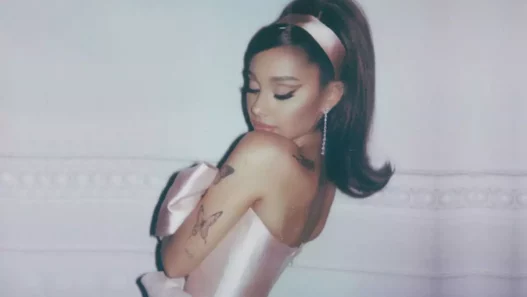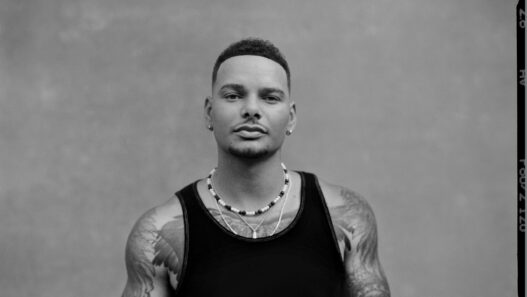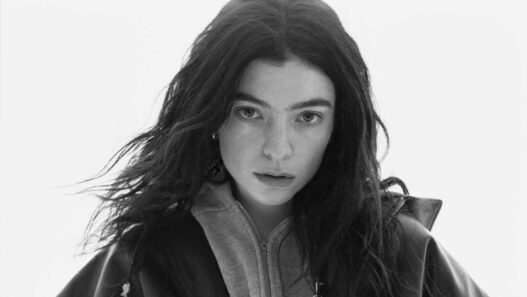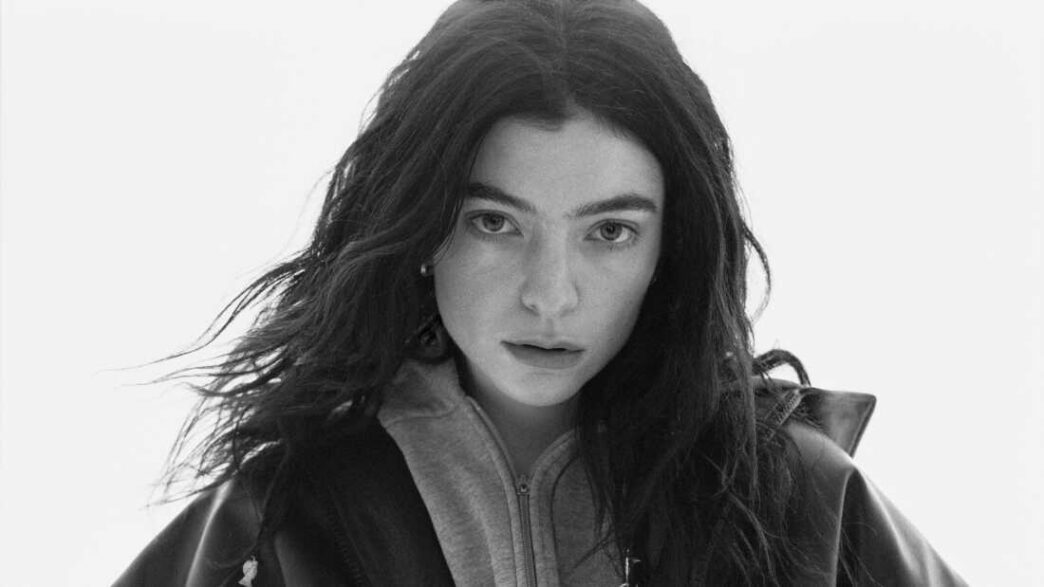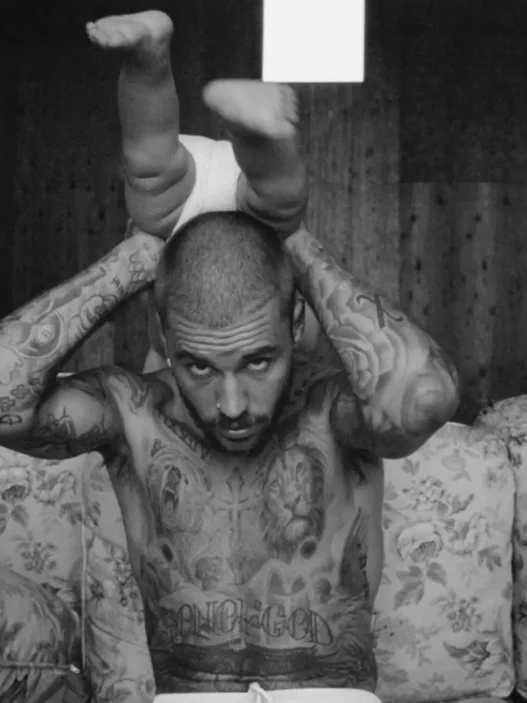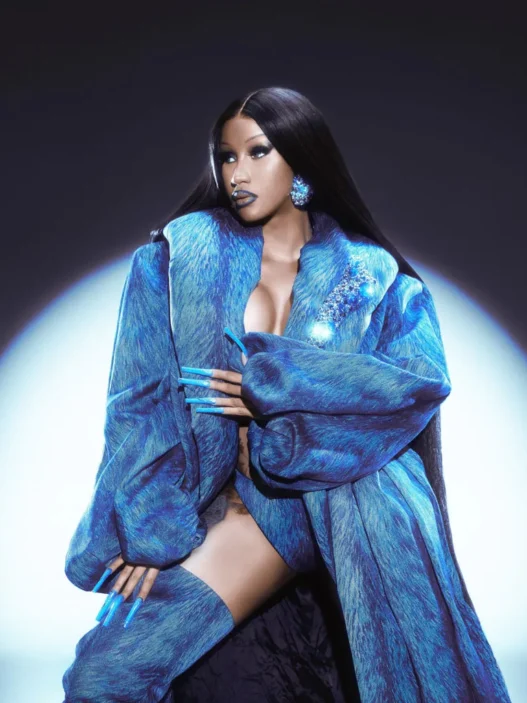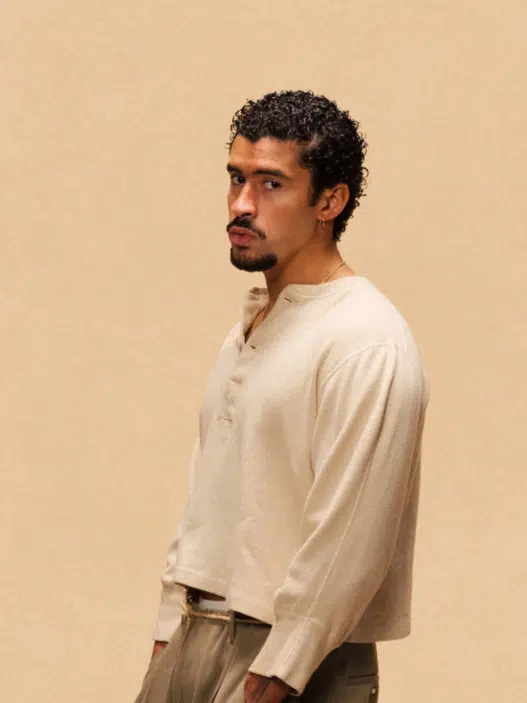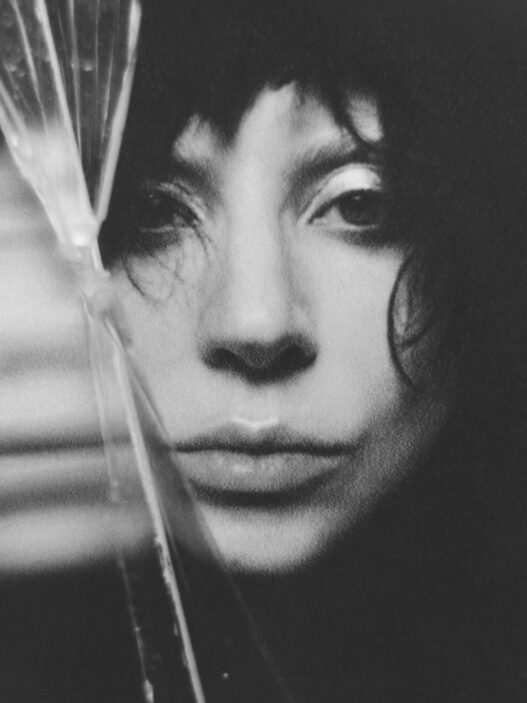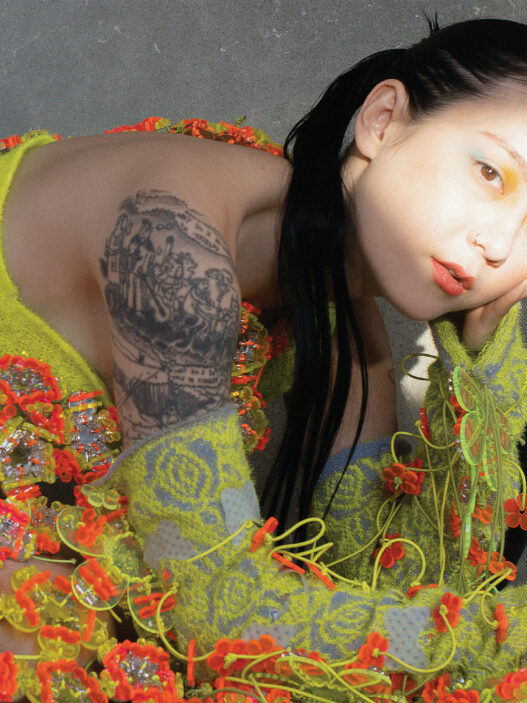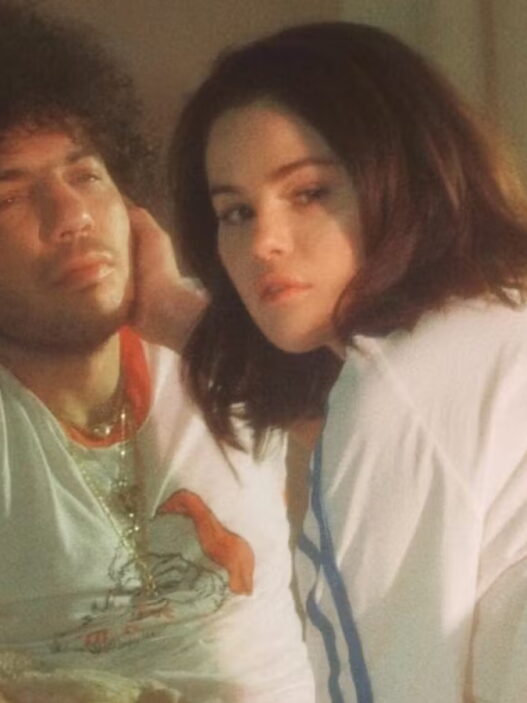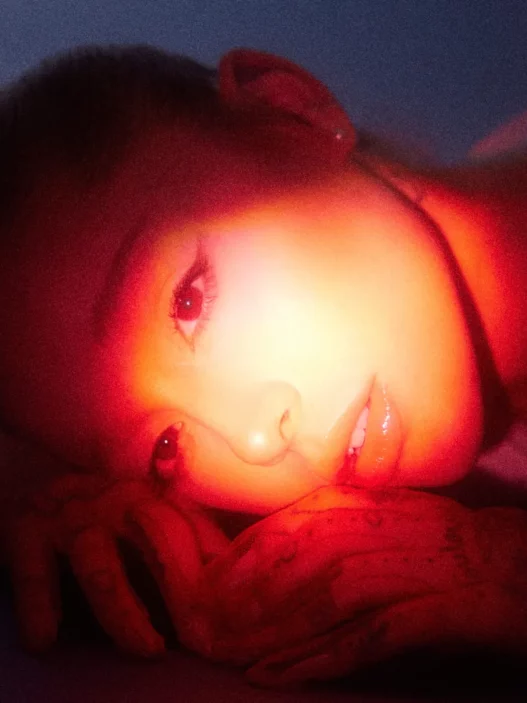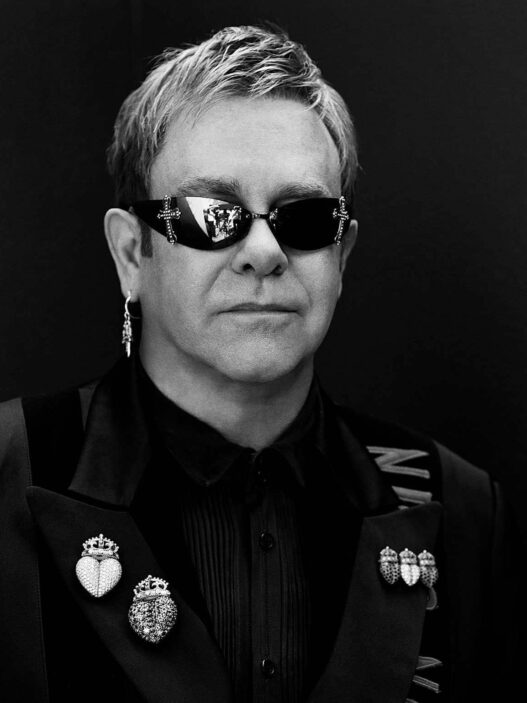Lorde’s fourth album, Virgin, isn’t a reinvention so much as a reclamation—an unflinching return to the rich storytelling and vivid imagery that first marked her as pop’s thoughtful outsider. Critics have called it erratic or even unfocused, but that misses the point. If Melodrama was a hurricane and Solar Power a gentle retreat, Virgin is a bruise—raw, colorful, and resonant without needing neat resolutions.
The album opens with “Hammer,” a mystical, woozy track filled with aura readings, ovulation metaphors, and the kind of cosmic introspection that Lorde layers effortlessly over tight production. “When you’re holding a hammer, everything looks like a nail,” she sings, turning a familiar adage into something beguilingly personal and introspective. It’s a fitting entryway into the sonic landscape of Virgin: campy, sincere, and elegantly unrestrained.
The follow-up, “What Was That,” captures the vulnerability of revisiting youth’s chaotic romance. Lorde is unafraid to be earnest or even slightly embarrassing (“MDMA in the back garden, blow our pupils up”), choosing authenticity over the detached coolness of her earlier work. The effect is both nostalgic and daring, a danceable yet intimate exploration of personal memory.
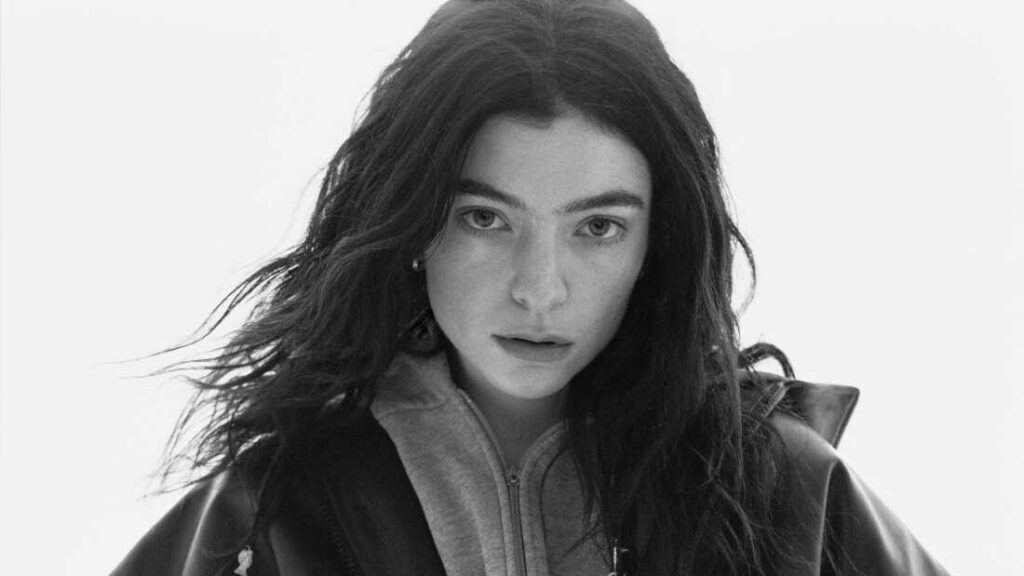
But Virgin’s emotional core reveals itself most powerfully in tracks like “Favourite Daughter” and “Man of the Year,” which navigate deeply personal relationships and internal struggles. In “Favourite Daughter,” Lorde confronts familial expectations and generational trauma, delivering a piercing confession: “Everywhere I run, I’m always runnin’ to ya.” Similarly, “Man of the Year” delves into themes of ego death and transformation with stark openness. The album’s closer, “David,” crystallizes this emotional intensity, exploring the aftermath of betrayal and vulnerability with lyrics like “I made you God ’cause it was all that I knew how to do,” culminating in a resonant declaration of independence: “I don’t belong to anyone.”
Throughout Virgin, Lorde’s vocals are freer and more expressive than ever. On “Shapeshifter,” she fluidly navigates shifting identities and perspectives, declaring, “I’ve been the fruit that leaves a stain” before softly confessing, “Tonight I just wanna fall.” It encapsulates the album’s thematic tension: a desire to relinquish control, to be messy, imperfect, and human.
Despite its strengths, Virgin is not without its missteps. “If She Could See Me Now” stumbles under awkward metaphors and overly self-conscious references to fame and resilience (“I swim in waters that would drown so many other bitches”), making it feel more like an unfinished thought than a fully realized track. Similarly, “Clearblue” feels overly diaristic, sacrificing musical coherence for personal revelation.
Some critics argue Lorde is merely chasing trends, appropriating the clubland swagger of peers like Charli XCX. But Virgin isn’t about capturing relevance—it’s about releasing perfection. Lorde isn’t retreating from the spotlight but stepping fully into her vulnerability. The bruises she reveals aren’t weaknesses; they’re markers of resilience and reinvention.
And somehow, they sing.





